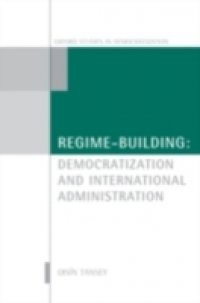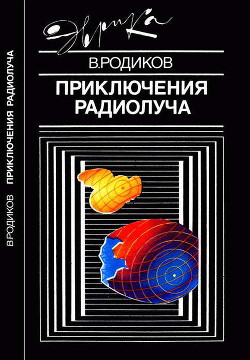This book is a study of regime change in the context of international administration, where the United Nations and other multilateral organisations hold temporary executive authority at the domestic level. Work on the politics of state-building has highlighted how these administration operations can influence nearly every aspect of politics in the country or territory in which they are deployed. This book concentrates in particular on the 'regime-building' practicesof these missions, and examines the aims and influences of international administrations in the area of democratic development, as well as their ultimate impact on the process of regime change. Through a comparative analysis of events in Bosnia, Kosovo and East Timor, the book demonstrates howexternal actors assume positions of power conventionally held by domestic elites, and in so doing gain the ability to affect democratic development in ways unavailable to international actors in more conventional settings. In particular, the case studies highlight the ways in which the democracy promotion objectives of international administrators can have both positive and negative effects on democratization processes, with the presence of international authorities helping to rule outnon-democratic options in some areas, while at times undermining democratic development in others. The book identifies the key international actors involved, highlights the mechanisms of influence available to them in these contexts, and explores the crucial mediating role of domestic actors and structures. Oxford Studies in Democratization is a series for scholars and students of comparative politics and related disciplines. Volumes concentrate on the comparative study of the democratization process that accompanied the decline and termination of the cold war. The geographical focus of the series is primarily Latin America, the Caribbean, Southern and Eastern Europe, and relevant experiences in Africa and Asia. The series editor is Laurence Whitehead, Official Fellow, Nuffield College,University of Oxford.



















